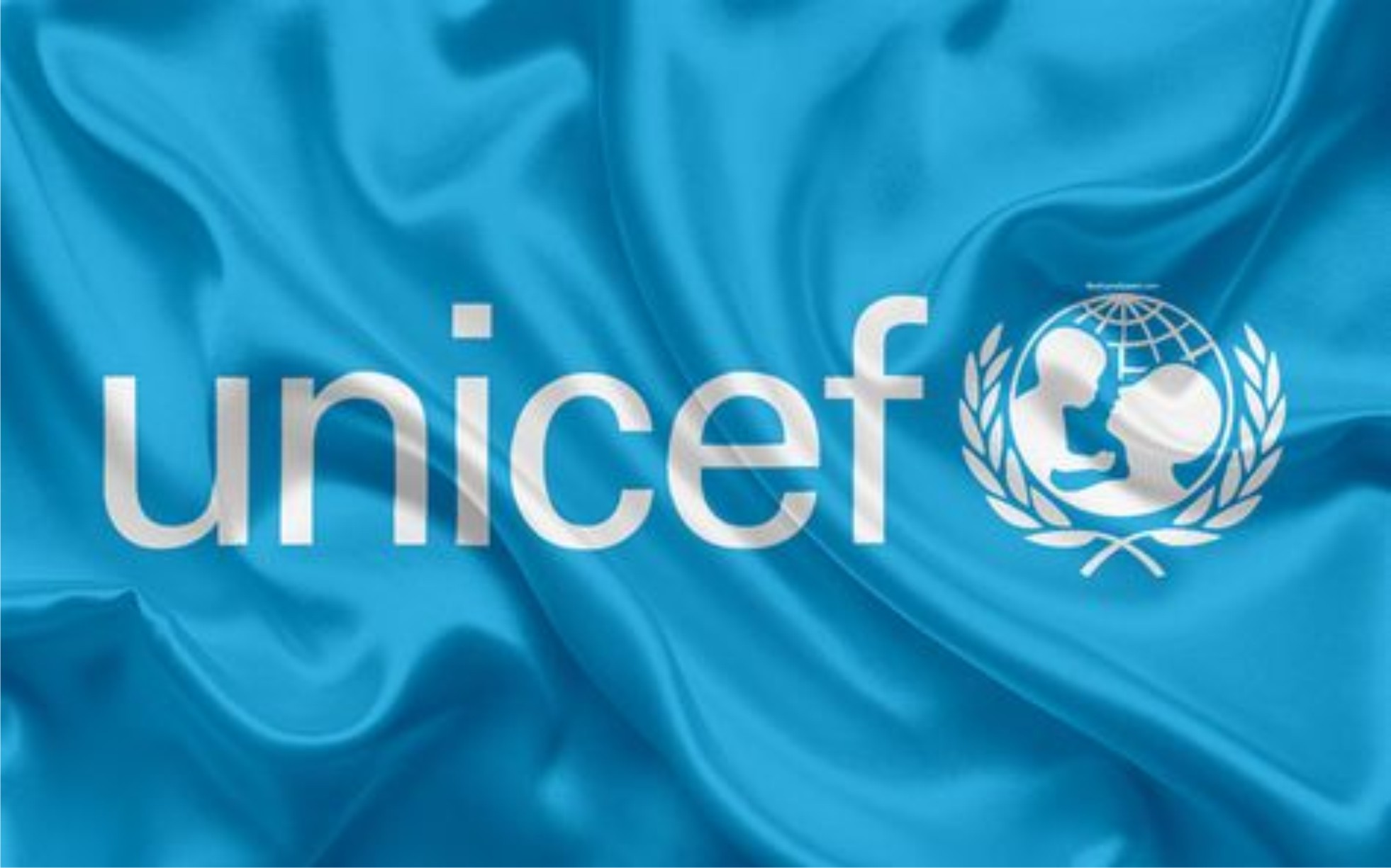Education
LASG, UNICEF Leverage Digital Learning To Reduce Out-Of-School Children

To address the problem of out-of-school children, the Lagos State government has embraced the digital platforms provided by United Nations Children’s Fund (UNICEF) to tackle the menace, especially in rural communities.
Speaking at a two-day media dialogue organised by the National Orientation Agency (NOA) in collaboration with UNICEF, the Director, Policy, Planning, Research and Statistics, Ministry of Education, Dr. Afolabi Adejare, cited the recently launched Nigeria Learning Passport (NLP), an online/offline platform designed to complement the existing system of impacting knowledge, teaching and learning.
Already, UNICEF, using the NLP platform, an initiative of the Federal and State Governments in partnership with the agency, has trained over 3,000 facilitators and provided tablets for indigent students to learn.
At the event themed: ‘Digital Learning Platforms,’ Adejare said the initiative would boost learning and also equip teachers with modern skills, especially audio-visual, which will reduce abstract learning.
He said: “NLP is a complementary platform used to boost the normal traditional learning system, and address learning issues in rural communities like Makoko and other suburbs.
“We have a large number of out-of-school children, and some, who are slow in assimilating; the NLP platform will help students listen, watch, learn and understand better what they are being taught in the classroom”.
He explained that the idea was to bridge the gap between the fast and slow learners, adding that every child can learn at his/her own pace, and also revise topics to make them understand and assimilate better.
Adejare explained that teachers are incorporated in the system, as they have the opportunity to teach students by projecting the contents, adding that children are able to learn faster with audiovisual materials.
Speaking with journalists, Programme Specialist, UNICEF Nigeria, Joannes Yimbesalu, emphasised on its ‘Youth Agency Market Place’ (YOMA) initiative, a digital platform, which allows young people connect, learn, create employment opportunities and build the future they want.
Yimbesalu explained that the platform is concerned about young people and gives them the leverage to be employable.
He said: “One of the key things is about targeting the most marginalised, and the focus is working with key stakeholders and the media to ensure that no child is left behind.”
He noted that many of the digital platforms have been effectively tapped by young people, hence UNICEF’s engagement with the media to help in promoting available opportunities in the digital platforms.
The Lagos State Director, NOA, Adetola Adegboyega, noted that in this digital era, youths must be technically inclined as academic certificates are no longer enough.
Education
RIVCHPP Set To Take Health Insurance Scheme To Tertiary Institutions In Rivers State

Rivers State Contributory Health Protection Programme (RIVCHPP), the state health insurance agency, is set to take the health insurance scheme to schools, especially tertiary institutions, in the state.
This disclosure was made by the Executive Secretary/Chief Executive Officer of RIVCHPP, Dr. Vetty Rolegherighan Agala, when she led a team from RIVCHPP on an advocacy visit to the office of the Permanent Secretary, Rivers State Ministry of Education on Friday, 16th January 2026.
Dr. Agala, who solicited authorisation from the Ministry for RIVCHPP to write to the institutions under Ministry’s mandate so as to begin enrolment of students in the various schools , said that for the health insurance agency to expand universal health coverage of the state, then students need to be enrolled into the programme.
RIVCHPP’s Executive Secretary announced that the agency has also started talks with the State branch of Nigeria Association of Proprietors of Private Secondary Schools (NAPPSS) to ensure that no one in the state is left out from having the opportunity of accessing quality healthcare services without passing through financial hardship.
Dr. Agala also commended the innovative policies that the Permanent Secretary have brought to bear towards improving the educational exploits in the state, saying that the changes align to the interest and mandate of Governor Siminialayi Fubara stance on education.
RIVCHPP’s Executive Secretary appreciated the Permanent Secretary for giving the team audience, pledging her team’s dedication and commitment to clients’ satisfaction, calling on schools to embrace the S-SHIP package dedicated for the well-being of students in Rivers State.
In her remarks and response, the Permanent Secretary, Rivers State Ministry of Education, Dr.(Mrs. ) Azibaolanari Uzoma-Nwogu, who warmly welcomed the RIVCHPP team, promised to share with and disseminate all information about RIVCHPP to all public schools in the state so that the schools will be willing to give RIVCHPP opportunity to sensitise them on what RIVCHPP is all about and the benefits of signing up with RIVCHPP.
Dr. Uzoma-Nwogu advised RIVCHPP to be proactive and consistent in the mandate of providing affordable and quality health care to Rivers residents.
The visit witnessed a presentation of RIVCHPP’s sensitisation/campaign materials to the Permanent Secretary by RIVCHPP’s Executive Secretary
Education
University Don wants AI to be made compulsory course
Education
FG, ASUU Set Date to Sign Agreement

-

 Sports3 days ago
Sports3 days agoTinubu Lauds Super Eagles’ after AFCON bronze triumph
-

 Sports3 days ago
Sports3 days agoFulham Manager Eager To Receive Iwobi, Others
-

 Sports3 days ago
Sports3 days agoAFCON: Lookman gives Nigeria third place
-

 Sports3 days ago
Sports3 days ago“Mikel’s Influence Prevent Some Players Invitation To S’Eagles Camp”
-

 Sports3 days ago
Sports3 days agoMan of The Match award Excites Nwabali
-

 Editorial3 days ago
Editorial3 days agoBeyond Accessing Bonny By Road
-

 Niger Delta3 days ago
Niger Delta3 days agoINC Polls: Ogoriba Pledges To Continuously Stand For N’Delta Rights … Picks Presidential Form
-

 Sports3 days ago
Sports3 days agoPolice Games: LOC inspects facilities in Asaba

